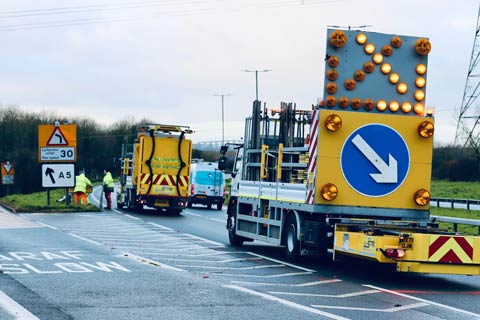14th March 2016 | David Jackson
For what it's worth, here's my take on the EU In-or-Out debate... which I notice some have taken to calling the neverendum.
Firstly, I think of UK PLC as a business:
- It has assets, institutions, infrastructure and running costs
- Its purpose is to serve 64 million people
- It requires capital investment and has debts to service
By contrast, I believe the EU is a club. Annual membership fees for the UK are about £13 billion a year, the fee is unlikely to ever fall, and annual EU spending on the UK is roughly £4.5 billion, leaving us £8.5 billion down on the deal.
But perhaps even more important, is that the nature and purpose of the club has changed dramatically, since the UK voted to join, in 1973.
Back then, we joined something called the EEC: The European Economic Community. In other words, we were part of a club whose purpose was to foster economic co-operation between its member states. But what started out as a trading club has morphed over past years into something very different.
From economic to political union
In 1993 the name of this club underwent a hugely significant change: From the moment it became the European Union, politics entered the mix. So that today, it’s the rule of law that is paramount. Everything the EU does is founded on a series of treaties – binding agreements agreed by all members of the club.
Some might think this is the equivalent of a tennis club that decides to switch to golf . . .
Back in the real world, as last year’s tragic events in Paris demonstrated only too clearly, freedom of movement and an open door to economic migrants with terrorists hiding among them has become a huge issue not just for Britain, not just for the EU, but for the entire world.
Should there be a single terrorist incident claiming lives in the UK before 23rd June, it is certain the country will vote to leave. Equally, immigration will undoubtedly play a major role when we come to decide, as illustrated by the Archbishop of Canterbury’s statement that it is ‘outrageous’ to brand those who are concerned by the impact of migration as racist, and that there is genuine fear of the impact on housing, jobs and the NHS.
And if we go?
The wider effect of construction
Like so many other unknowns, it’s impossible to know how our industry will develop if we decide to resign from the club. Many are certain investment from those outside the UK would shrink.
But then again, it could grow:
- It’s a fact that a great deal of the current building projects inside the M25 are funded by non-EU foreign investment. And the government has been looking to China to finance mega-projects such as HS2
- Equally, there’s already a skills shortage in construction, so those with the right skills from anywhere overseas should be encouraged and welcomed to help meet the demands of the industry, contribute to a booming economy, and help further the prosperity of our country
I believe that no matter whether we are in or out of the EU, investment will come where there is demand and opportunity. And should Brexit become reality, then we will regain control over those we want – and need – to come into the UK to work.
New European trade agreement?
From a political perspective, and less than a year since he won a General Election, David Cameron finds himself between a rock and a hard place . . . having already made it clear he won’t seek a third term at Number 10, maybe he’s placing his fate in the hands of referendum voters. I, for one, wouldn’t blame him for thinking he’s had enough of being Prime Minister, and looking forward to fresh challenges.
As for me. I hope we vote to leave the club, in order to regain control of our elected, sovereign parliament. Then we can negotiate a deal with the £8.5 billion needed by the EU to keep the European ‘single market’ open to the UK for free trade.



